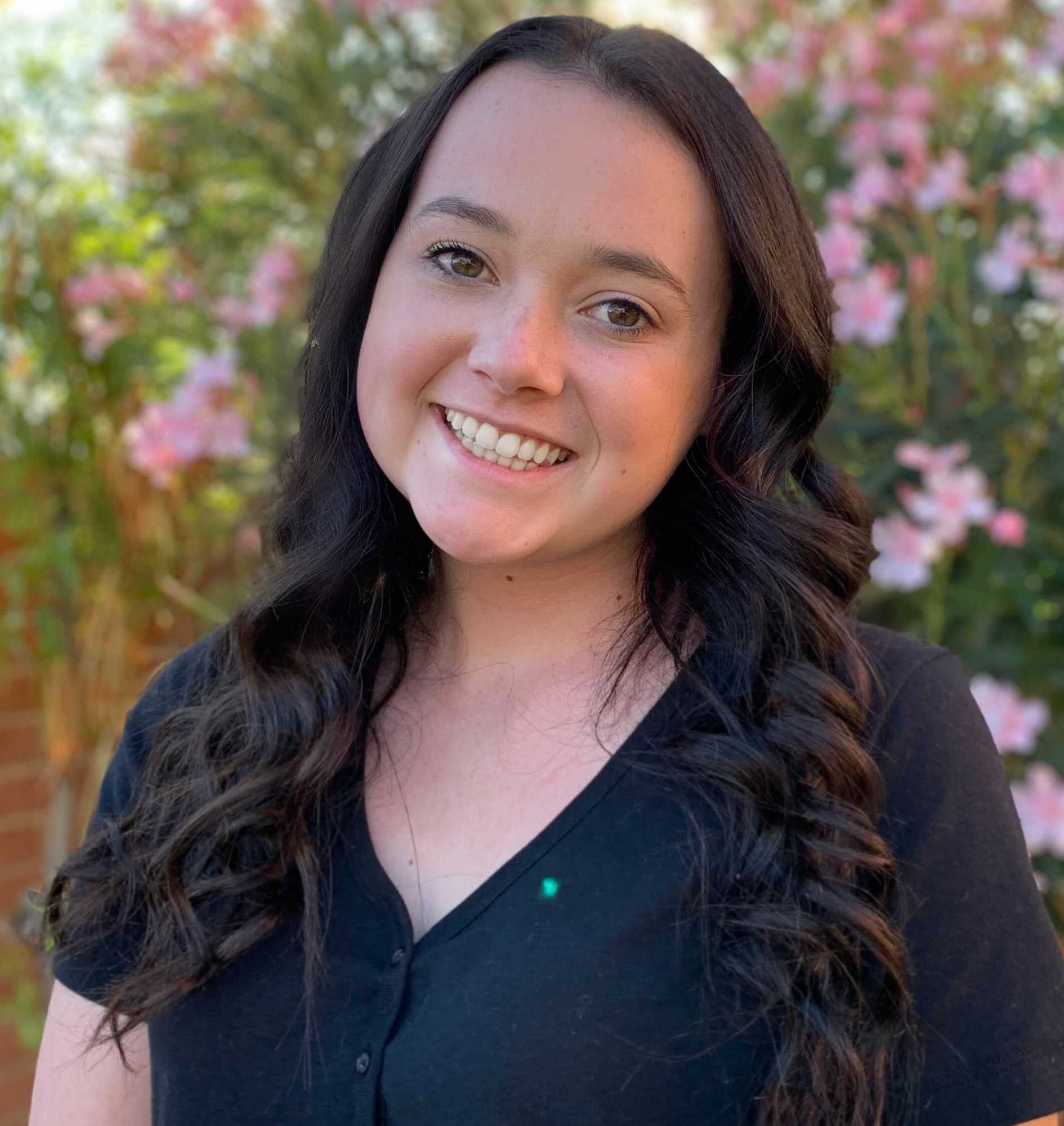After my piece on eating disorder encouragement culture on campus, I got the chance to talk to Ashley Munro, a nutrition counselor at Campus Health. She is a registered dietician, certified as a diabetes educator and intuitive eating counselor. She works with students who want to improve the relationships they have with food and their bodies. We talked about intuitive eating and how this can fit in a college student’s lifestyle.
While in college, there are many factors that can make it difficult to maintain a healthy relationship with food. A busy workload, a limited budget and a brand new social life can all impact the way we view food and our bodies. There are many pressures that college students feel the weight of, and unfortunately for many, this can include the pressure of eating and looking the “right way.”
Intuitive eating proponents disagree with the notion that there is a “right way” to eat and look and promotes a healthier lifestyle with food. When talking to Munro, I was made aware of all the small ways unhealthy relationships are promoted to young students, especially on social media.
“Young folks are bombarded with messages about food and body,” said Munro. She then went on to talk about the unhealthy ways that food can be talked about on social media, mentioning “What I Eat In a Day” videos and cooking videos that are promoted as “healthy” ways to eat.
“That highlight reel is very deceiving and very alluring at the same time,” Munro added. This type of content only invokes comparison and shame, which can be extremely harmful to our body image and the ways we look at foods.
The framework that intuitive eating lays out strives to expel the idea that food has morality. In intuitive eating, there are no “good” or “bad” foods, just food that settles your hunger and gives you enough energy to function throughout your day. Intuitive eating is based on the book “Intuitive Eating: A Revolutionary Anti-Diet Approach,” and there are 10 principles that it relies on, each striving to create a healthy relationship between you, your body and the food you feed it. Some examples of these include “Honor Your Hunger,” “Make Peace With Food” and “Reject the Diet Mentality.” The idea of the approach is listening to your body, what it needs to make it throughout the day and establishing a neutral mindset of different foods.
RELATED: OPINION: Love myself? That’s much easier said than done.
My biggest concern when talking to Munro was if this framework can easily fit a college student’s lifestyle. There are limitations of what food we can get due to the accessibility of food on campus and the limited finances of college students, and these limitations can have an impact on how we view food. Munro went on to tell me about the ways we, as college students, can change our mindset around food and how some of the principles can easily fit our lifestyles.
The principles that focus on attitudes towards food are the most accessible for students due to the lack of reliance they have on factors out of our control. Rejecting diet mentality and focusing on the neutrality of food can accommodate very busy lifestyles. As students, we can take moments throughout the day to listen to our bodies and hunger levels and recognize when we are having harmful thoughts surrounding food.
Munro also talked to me about the importance of adopting this mindset around food and our bodies as soon as possible.
“The earlier we have awareness, the jig is up,” said Munro. The sooner these principles are introduced, the stronger effect they will have on our lives.
Intuitive eating takes time to set in — but when is a better time than now to adopt this view and start living our healthiest lives?
I strongly believe that intuitive eating is a great tool for college students who are struggling with maintaining a healthy relationship with their bodies and food in their very busy lives.
If you want to learn about intuitive eating you can listen to the Nutrition Navigators podcast with Munro on the topic or look through the Nutrition Navigators website for resources.
Follow Payton Toomey on Twitter

Payton Toomey (she/her) is a sophomore majoring in journalism and information sciences and eSociety. She loves to cook and golf in her free time.









